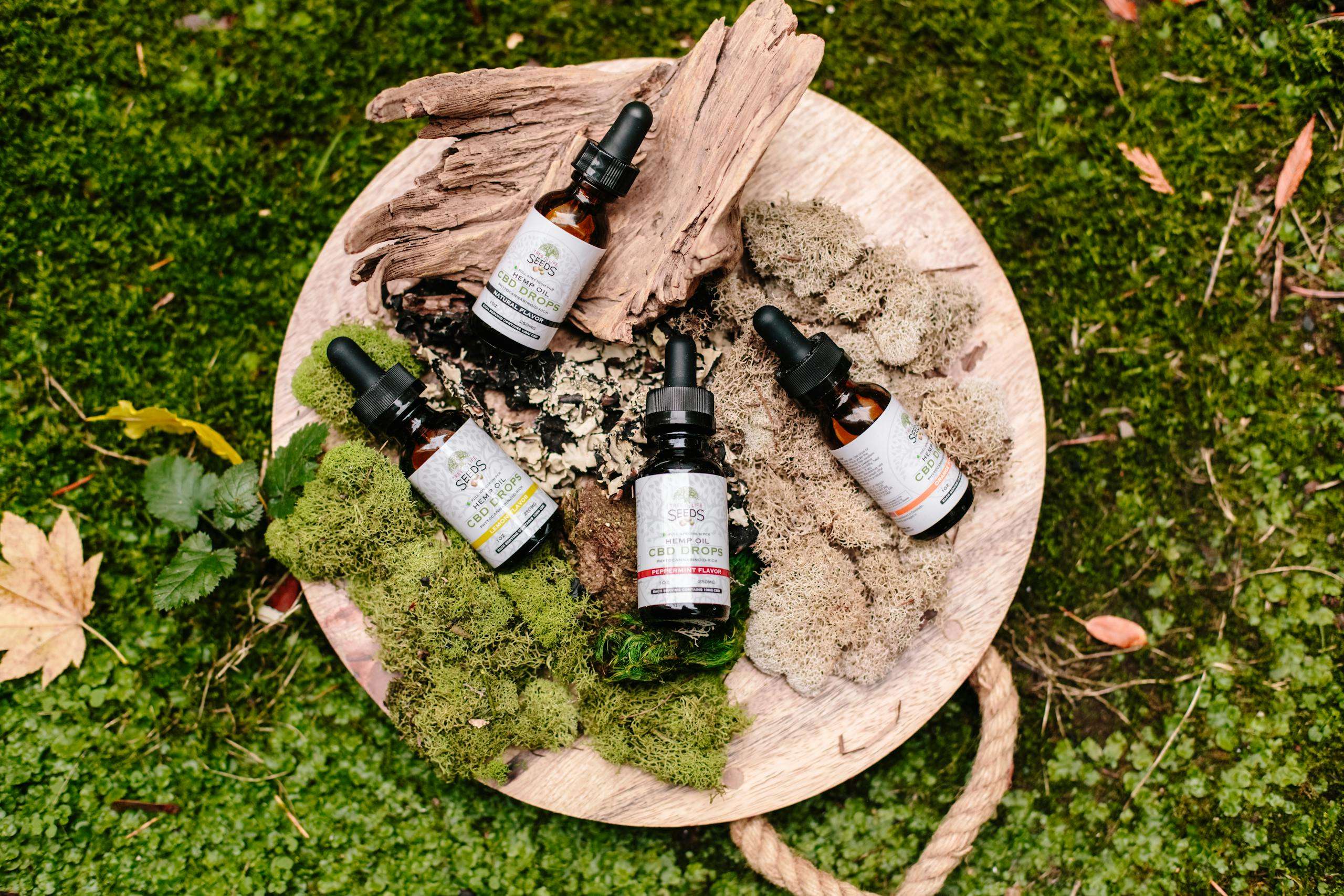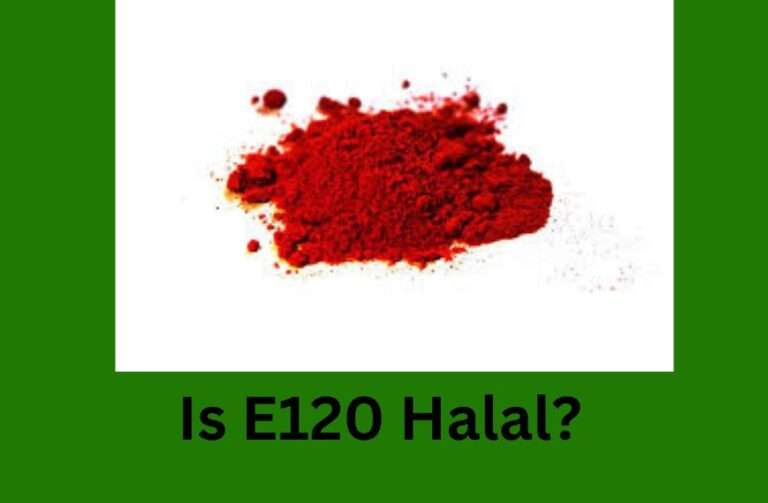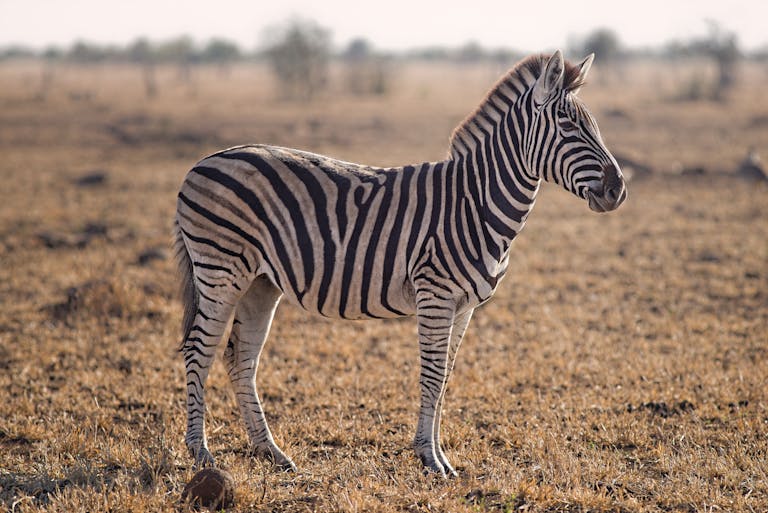Is CBD Halal? A Guide for Muslim Consumers
CBD (cannabidiol) has gained widespread popularity for its potential health benefits, but for Muslim consumers, understanding whether it is halal or haram is essential.
CBD is a natural compound derived from the cannabis plant, known for its therapeutic effects without causing a “high.” CBD is used in wellness products and is popular for managing stress, pain, and inflammation.
As its presence grows in mainstream wellness, many Muslims wonder if CBD aligns with Islamic dietary laws, as avoiding haram (forbidden) substances is vital in Islam. So, is CBD Halal?
Quick Answer: Yes, CBD is considered halal as long as it is non-intoxicating, sourced legally, and extracted without haram substances.
Understanding Halal and Haram in Islam
In Islam, halal refers to what is lawful or permissible, while haram denotes what is forbidden. Determining whether a substance is halal involves assessing its source, properties, and intended use.
Islam emphasizes purity, non-intoxication, and lawful sources in any consumable. Since CBD is derived from cannabis, a plant often associated with intoxicating effects, there are critical factors to consider before deeming it halal.
What is CBD?
CBD, or cannabidiol, is a compound extracted from the cannabis plant. Unlike THC (tetrahydrocannabinol), the compound responsible for the intoxicating effects of cannabis, CBD is non-psychoactive and does not cause a “high.”
Instead, CBD interacts with the body’s endocannabinoid system to help regulate various functions, including sleep, pain, and mood. This key distinction between CBD and THC is significant in determining whether CBD is halal or haram.
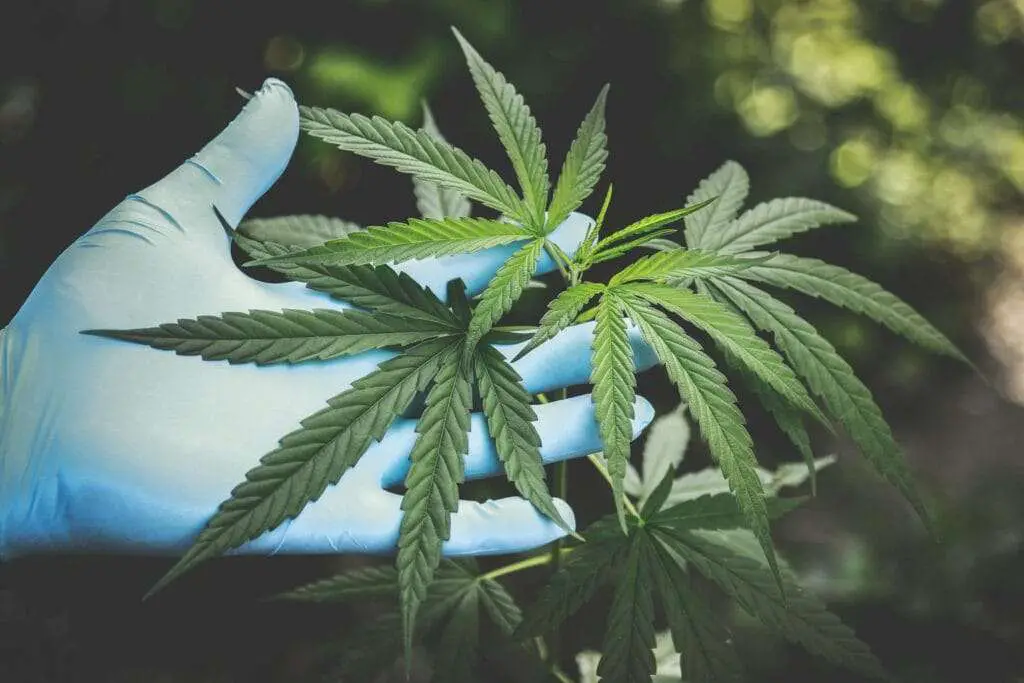
Is CBD Halal or Haram?
The halal status of CBD depends on its source, intoxicating properties, and extraction methods. Many scholars agree that CBD is halal if it is free from THC and does not cause intoxication. Islamic rulings (fatwas) generally favor CBD use if it does not impair the mind and is extracted in a manner free from haram elements.
Intoxicating vs. Non-Intoxicating Substances in Islam
Islam strictly prohibits khamr (intoxicants) due to their mind-altering effects. THC, which is intoxicating, is considered haram. However, since CBD does not produce any intoxicating effects, it may be permissible. Non-intoxicating CBD products align more closely with halal principles, making them suitable for Muslim consumers if the CBD product contains negligible or no THC.
Extraction Methods of CBD and Their Impact on Halal Status
CBD can be extracted using various methods, including CO2 extraction and alcohol-based extraction. CO2 extraction is generally preferred in halal products as it does not involve alcohol.
However, alcohol-based extraction may be permissible if no trace of alcohol remains in the final product. For consumers seeking assurance, halal-certified CBD products are increasingly available, reflecting compliance with halal manufacturing practices.
Uses of CBD and Halal Concerns
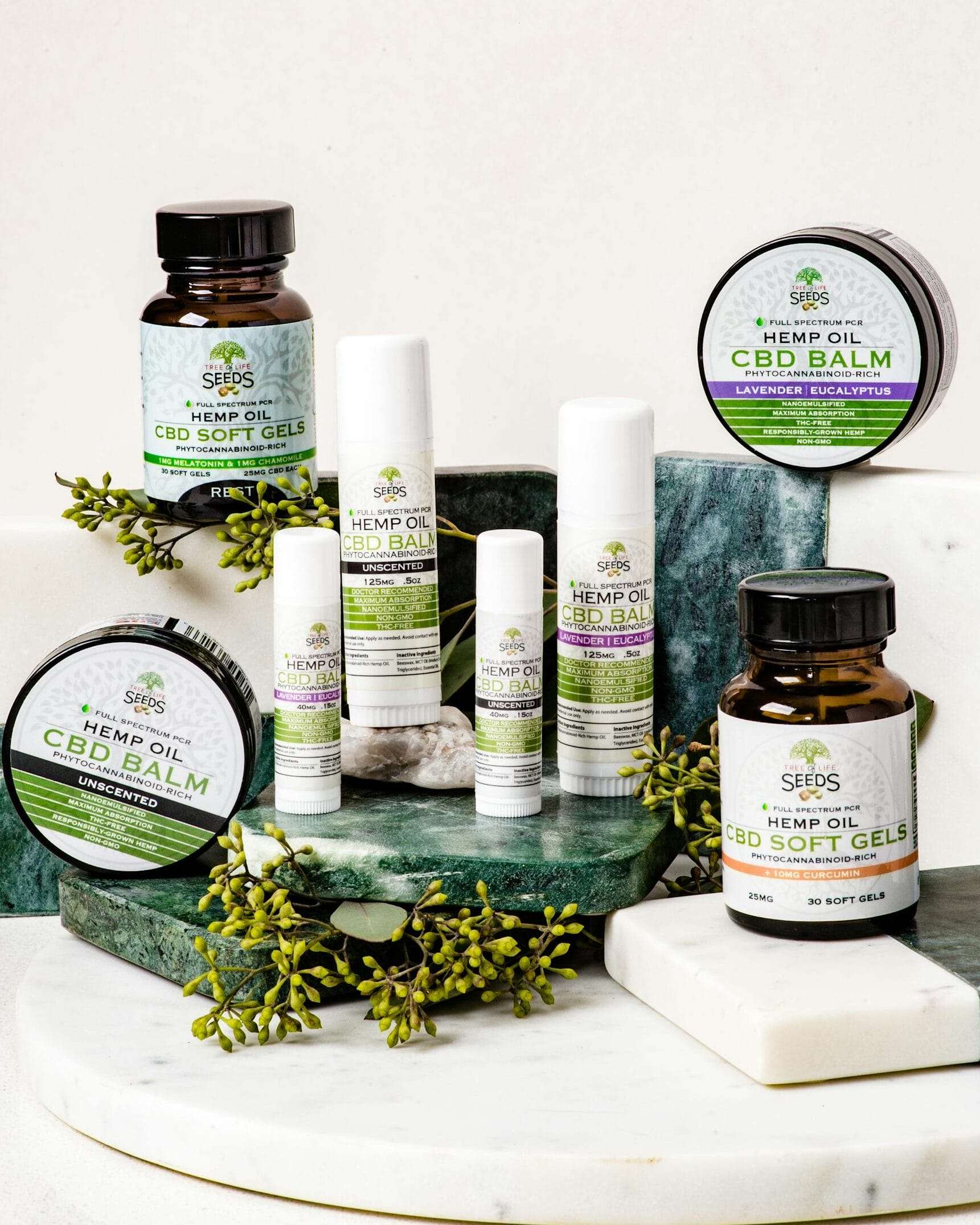
CBD is found in oils, edibles, topicals, and supplements. While CBD oils and capsules are often consumed orally, some products, like CBD creams, are only used topically. Many scholars view topical use as permissible since it does not involve ingestion. Key ingredients to monitor include any haram additives like gelatin or non-halal preservatives.
Scholarly Opinions and Fatwas on CBD
Islamic scholars and organizations have different views on CBD’s permissibility, often depending on the extraction method and presence of THC.
Many scholars consider CBD halal if it is non-intoxicating and free of THC, while others emphasize the importance of halal-certified sources. These diverse opinions underscore the need for Muslim consumers to verify the halal status of specific CBD products.
Halal Alternatives and Precautions for Muslim Consumers
For those seeking halal-certified CBD products, looking for labels and certifications from reputable halal organizations is crucial. Also, ensure that products with haram ingredients are free from cross-contamination. When in doubt, consult knowledgeable scholars or trusted halal certification authorities to confirm a product’s halal status.
Final Take
In summary, CBD is generally halal if it is non-intoxicating, free of THC, and extracted in compliance with halal guidelines. Muslim consumers should choose halal-certified CBD products and stay informed about product ingredients. Consulting with Islamic scholars or halal certification bodies can also provide peace of mind.
Frequently Asked Questions
Can CBD cause intoxication?
- No, CBD does not cause intoxication and is non-psychoactive.
Is CBD extracted with alcohol halal?
- CBD extracted with alcohol may be halal if no alcohol remains in the final product.
Is it permissible to use CBD in skincare products?
- Yes, topical CBD use is generally permissible, as it is not ingested.
Are all CBD products halal?
- No, not all CBD products are halal. Verify each product’s ingredients and extraction method.

